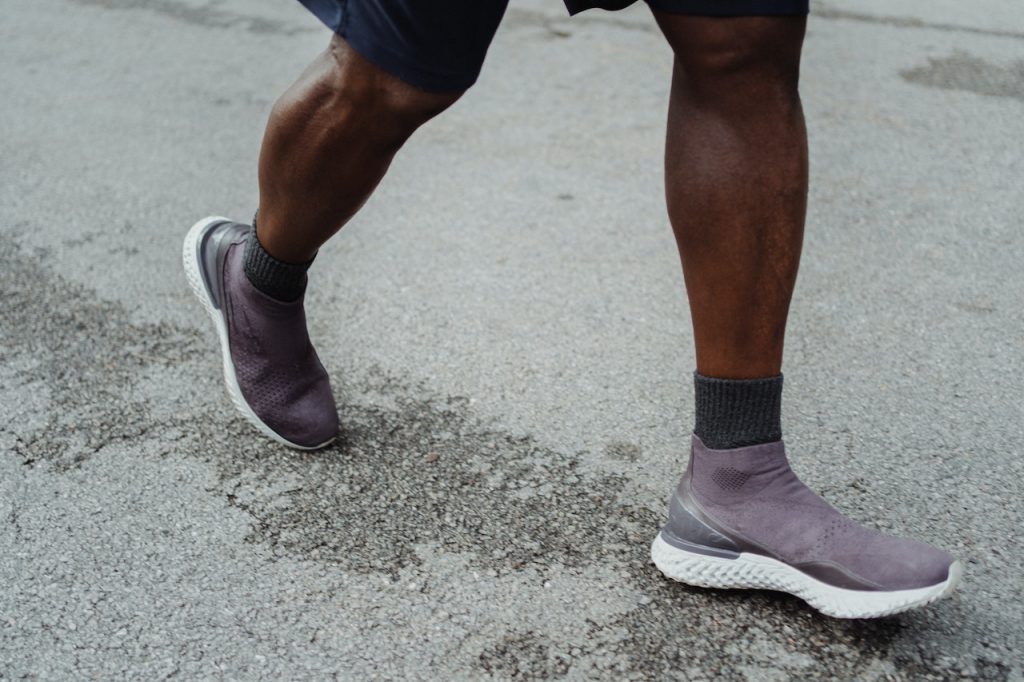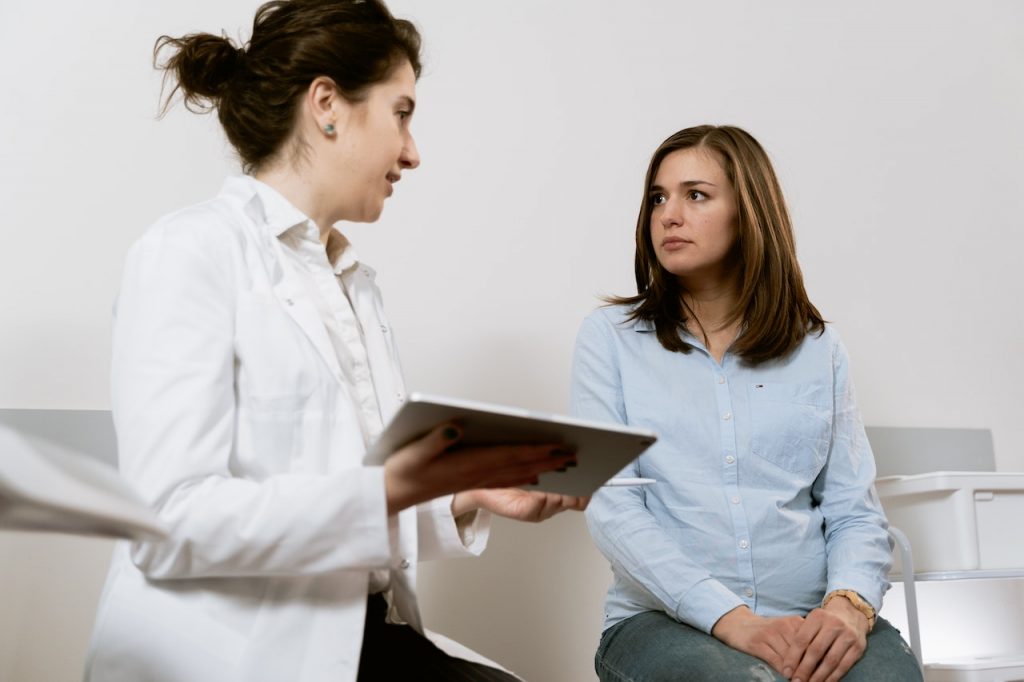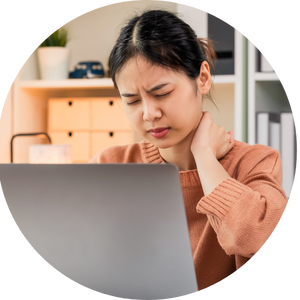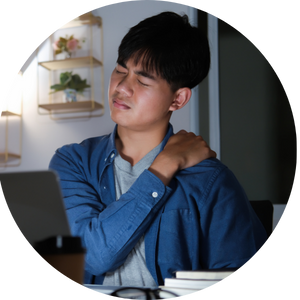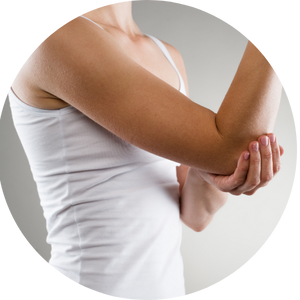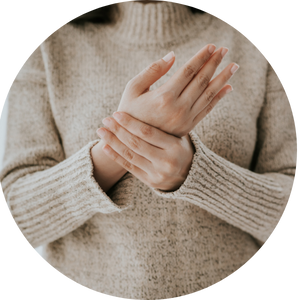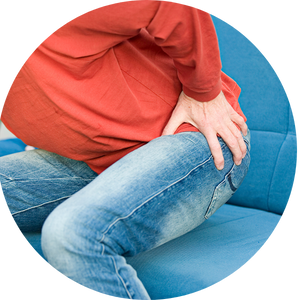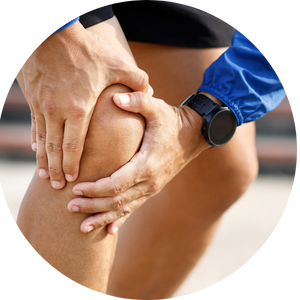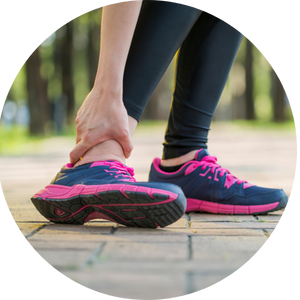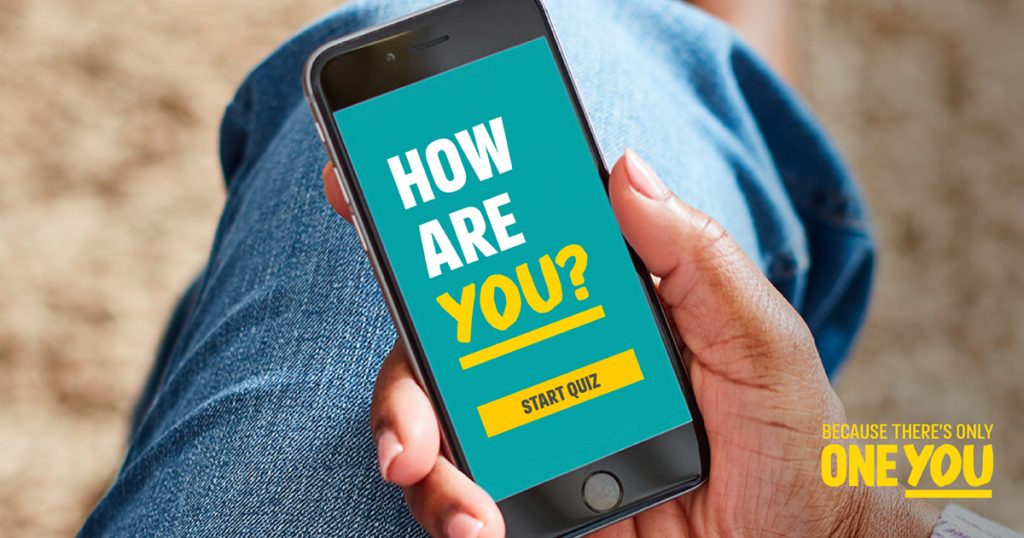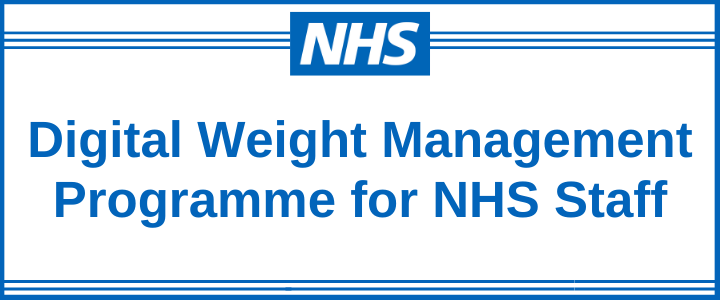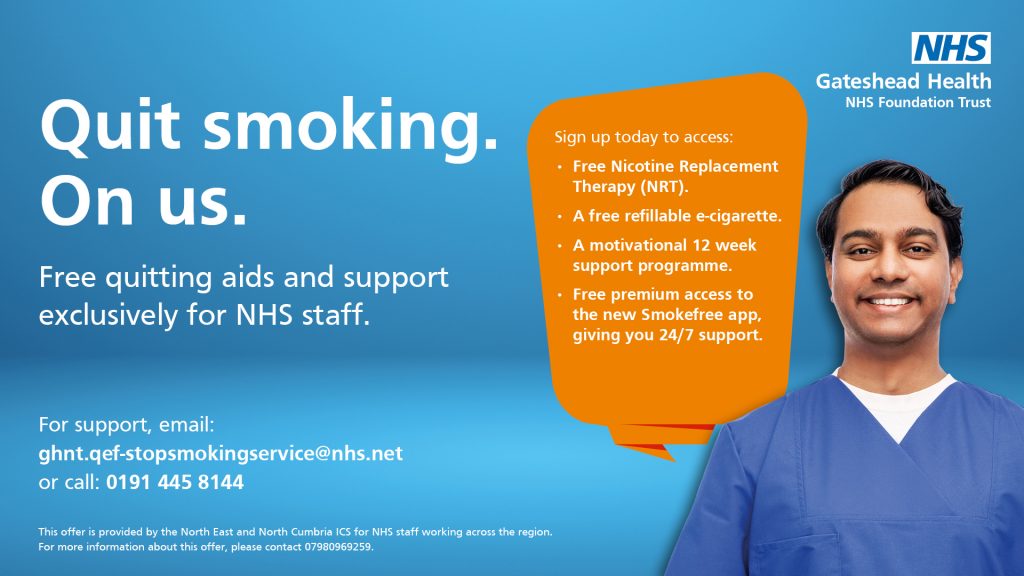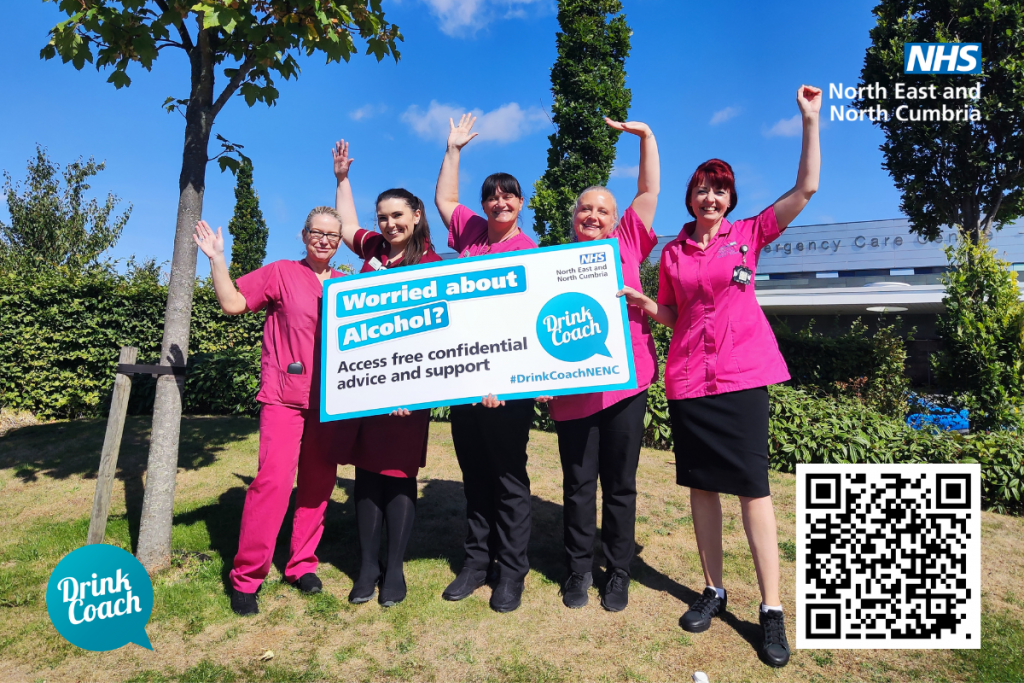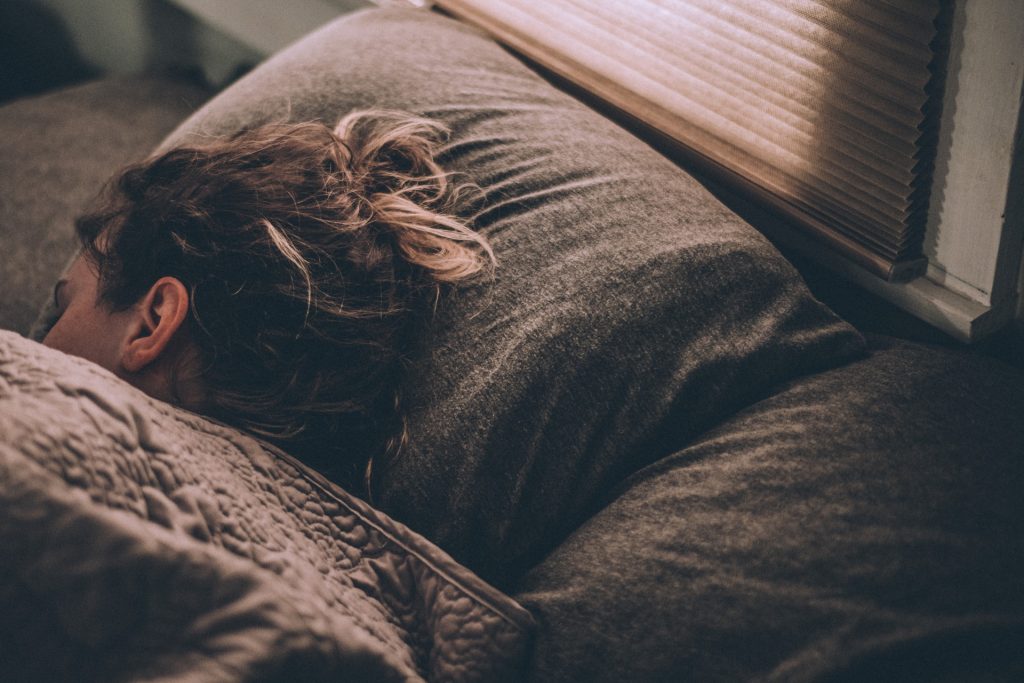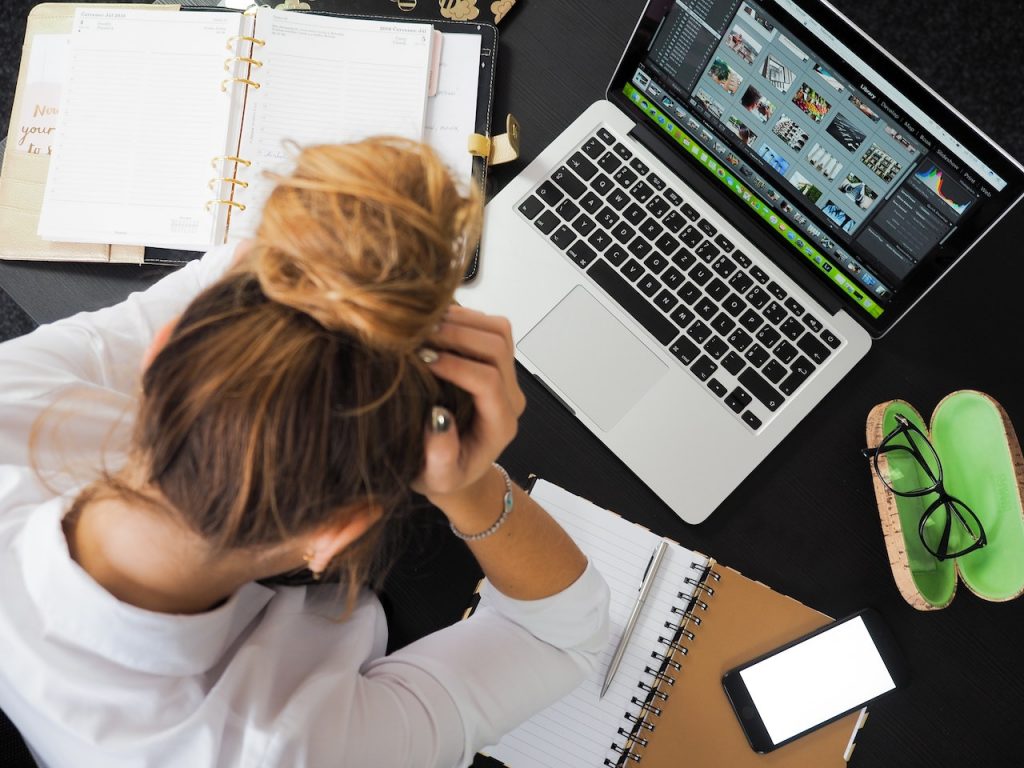Self help
Keeping active is an essential part of your treatment and recovery and is the single best thing you can do for your health.
Being physically active throughout your recovery can:
- prevent a recurrence of the problem
- maintain your current levels of fitness – even if you have to modify what you normally do, any activity is better than none
- keep your other muscles and joints strong and flexible
- keep a healthy body weight
It’s recommended you stay at or return to work as quickly as possible during your recovery. You don’t need to be pain and symptom free to return to work, and it can be counter-productive to do avoid doing so. If you require further advice or support to return to work please contact the occupational health team or speak to your GP.


